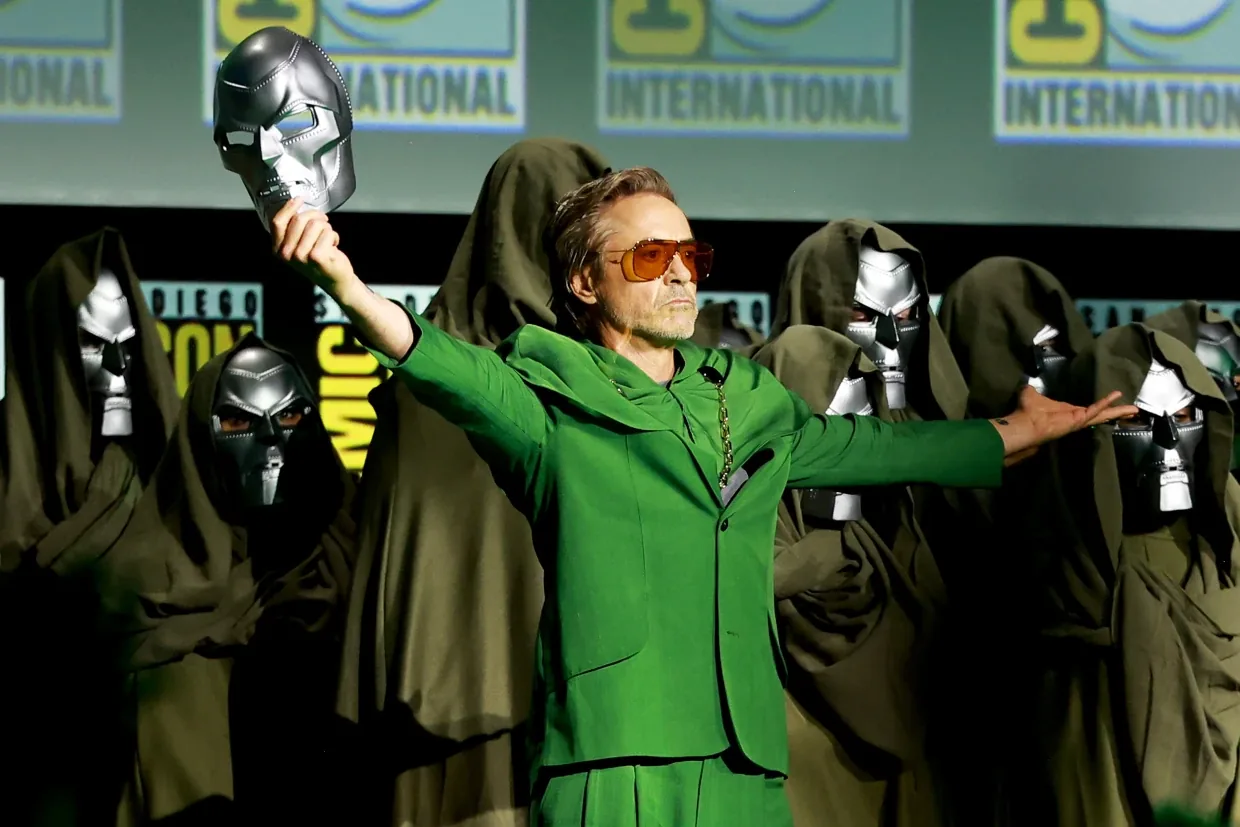In the last couple of years, we have seen a cultural shift surrounding how we perceive mental health. Adults, millennials especially, are finding newer ways to prioritise themselves and tap into their ‘inner child’ by ‘kidulting’.
An increasing number of individuals are rediscovering the childlike essence within them by actively engaging in activities traditionally reserved for youngsters. This phenomenon has given birth to a new mental health trend among millennials, aptly termed ‘kidulting’.
The term ‘kidult’ has been around for some time now, as superhero movies and comic book culture exploded into the mainstream. But it soared in popularity during the early months of the COVID-19 pandemic. There might be a particular reason behind this, as research suggests that feelings of nostalgia increased during COVID-19 quarantines, serving as comfort during isolating times, according to a review article published in 2021 in the Journal of Nervous and Mental Disease. Even after the pandemic subsided, adults have continued to ‘kidult’. A Toy Association survey found in 2021 that of the 2,000 parents in the United States who bought toys and games, around 58 per cent purchased them for themselves, reported Bloomberg.
We have seen a nostalgia-driven shift in almost everything – 90s and early 2000s fashion is making a comeback, and remakes of classic films and franchises that millennials grew up loving are all the rage.
Adult playgrounds are popping up across the world, too. Earlier in April, an immersive art installation in Greenpoint, Brooklyn invited a bunch of adults to a massive 5,000-square-foot playground – the brainchild of Australian-born, Brooklyn-based artist Cj Hendry. Even other immersive experiences, take Dopamine Land for example are gaining popularity among adults more than their intended target audiences. Similarly, in Amsterdam, Wondr invites patrons to “dive into a sea of pink marshmallows” and “write on the walls”. The Museum of Ice Cream, a multi-storey playground of pools filled with fake sundae toppings, has expanded from New York to several other American cities and Singapore.
Even big brands joined the bandwagon, with Mcdonalds launching an adult Happy Meal in November 2022. They collaborated with Cactus Plant Flea Market, reviving retro characters like Hamburglar, Grimace and Birdie for the nostalgia-filled meal. Mattel hit the jackpot with Greta Gerwig’s Barbie movie and is now planning to expand that universe — with a live-action Polly Pocket film next in the line-up.
Reminiscing about the past can help you feel connected to who you were in the past, who you are in the present, and who you will be in the future, as multiple studies suggest. The psychology of nostalgia and the therapeutic practice of inner-child work boosts your mood and is good for mental health. As people get older, nostalgia can make them feel youthful and energetic. Many experts believe this resurgence of nostalgia-driven activities can significantly improve one’s mental health. Kidulting evokes nostalgia that feels positive and reassuring, it also offers the creative release of carefree play.
Last March, the World Health Organization (WHO) reported a 25 per cent global increase in the prevalence of anxiety and depression during the initial year of the COVID-19 pandemic. For numerous adults, engaging in “kidulting” can serve as a therapeutic method to nurture their inner child, particularly those who endured violence or trauma during their childhood, which hindered their ability to freely engage in playful activities. Embracing mindful kidulting, which involves participating in activities they wished they could have enjoyed as children, can offer healing.
Incorporating kidulting practices into one’s routine can effectively restore a sense of equilibrium between the demands and responsibilities of adult life, thereby cultivating a healthier equilibrium between work and personal life. Essentially, kidulting represents a mental health trend that encourages adults to reestablish a connection with the uncomplicated joys of their youth.





